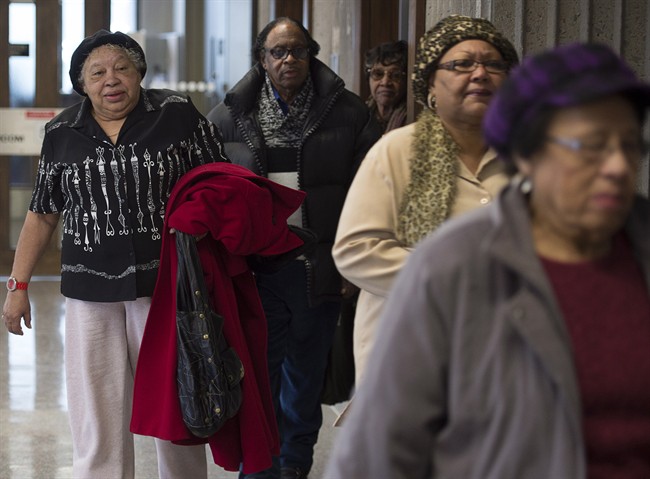HALIFAX – A judge has ruled that dozens of people will not be allowed to join a legal case over the relocation of Africville residents in Halifax in the 1960s.

The residents had argued that they should be allowed to be part of a 1996 statement of claim seeking redress of the expropriation of land in the black community.
They had signed release claims in 2010 after a settlement was reached with the municipality, but said they should be allowed to join the ongoing legal matter.
However, Judge Patrick Duncan says in his 35-page decision that those who signed the releases did so with legal counsel and knowing the effect of the agreement.
That settlement included a public apology from then-mayor Peter Kelly and $3 million to rebuild the Africville church, among other things.
The attorney for the residents wasn’t available for comment, but Karen MacDonald, the lawyer for the City of Halifax, says adding former residents who already signed off on the settlement would have effectively reopened the deal.
- Canadian man dies during Texas Ironman event. His widow wants answers as to why
- ‘Shock and disbelief’ after Manitoba school trustee’s Indigenous comments
- Canadian food banks are on the brink: ‘This is not a sustainable situation’
- Invasive strep: ‘Don’t wait’ to seek care, N.S. woman warns on long road to recovery



Comments